Looking to enhance your endurance and stay strong through every mile? While training plays a key role, incorporating foods that increase endurance can make all the difference in boosting stamina and powering your performance. As a sports dietitian, I’ve seen firsthand how certain foods can fuel endurance athletes, helping them sustain energy, recover faster, and minimize injury.
In this guide, we’ll dive into foods proven to increase endurance, from carb-rich staples to anti-inflammatory powerhouses and micronutrient-rich options that keep you performing at your best.
The Role of Nutrition in Endurance Performance
Endurance isn’t just about pushing limits; it’s about optimizing energy and recovery through proper nutrition. Here are three core nutritional elements that enhance endurance:
- Carbohydrates: Fuel muscles for sustained activity.
- Proteins and Healthy Fats: Support muscle repair and provide longer-lasting energy.
- Vitamins and Minerals: Help your body adapt to training and recover effectively.
Carbohydrates: The Foundation of Endurance
Carbohydrates are the primary energy source for endurance activities, as they provide quick and easily accessible fuel for muscles.
Great Carbohydrate Foods That Increase Endurance
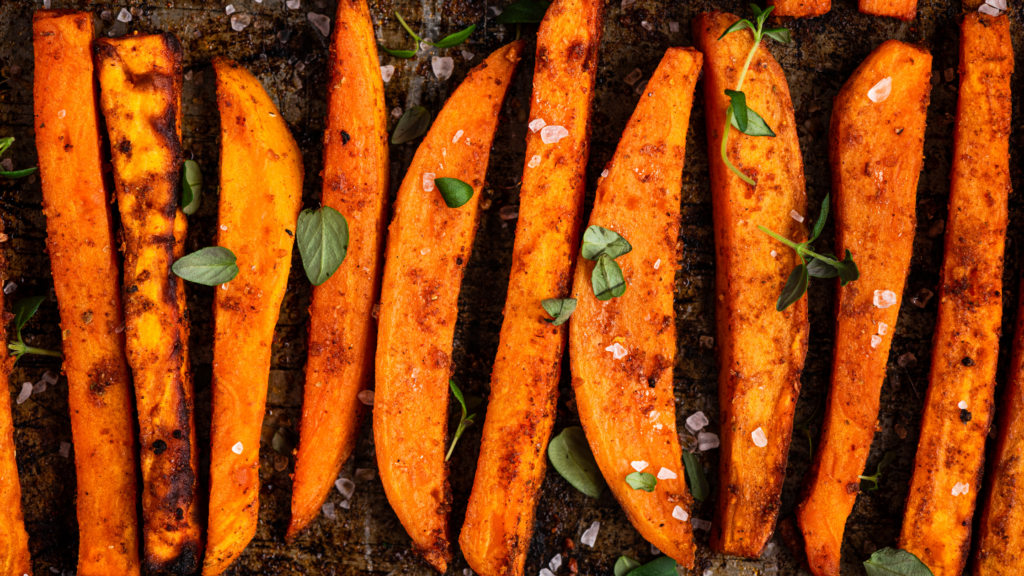
- Oats – Oats are a fantastic source of complex carbs and fiber, providing steady energy release. Additionally, oats contain beta-glucan, a type of fiber that supports heart health and stabilizes blood sugar.
How to Use: Prepare overnight oats with fruits and nuts for a balanced, high-energy breakfast. - Sweet Potatoes – Sweet potatoes are nutrient-dense and packed with complex carbs, fiber, and antioxidants like beta-carotene, which supports immune function.
How to Use: Bake or roast sweet potatoes as a pre- or post-run meal to replenish glycogen and vitamins. - Bananas – Bananas are rich in simple carbs and potassium, an electrolyte crucial for muscle function. They’re easy to digest, making them ideal for a quick energy boost.
How to Use: Eat a banana with a handful of nuts before a run for lasting energy and quick digestion. - Quinoa – This gluten-free grain is high in protein, fiber, and carbohydrates, providing balanced energy without causing a crash.
How to Use: Add quinoa to salads or pair with vegetables and lean protein for an energy-packed meal.
Proteins: Building Blocks for Muscle Recovery
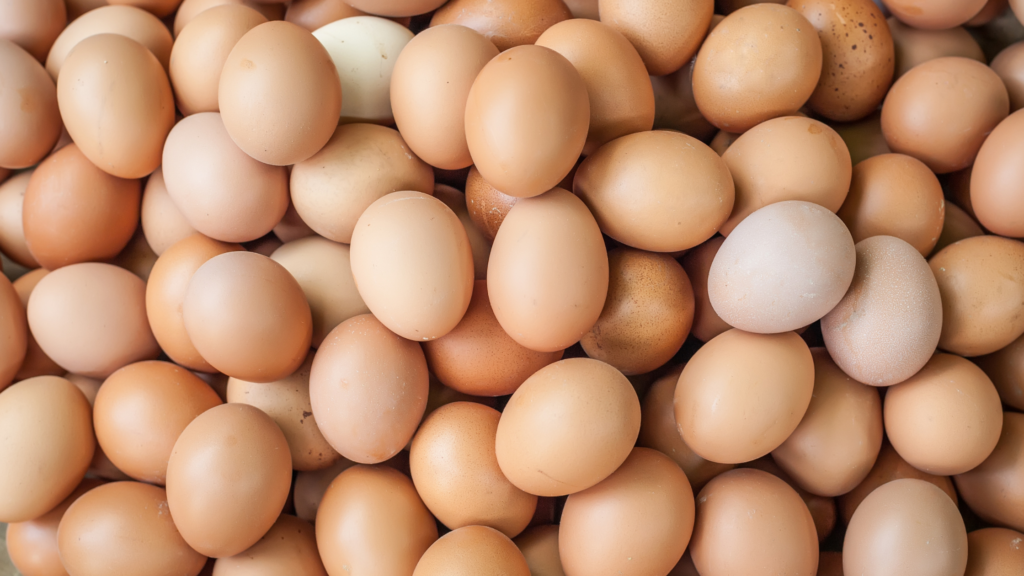
Protein is essential for repairing muscle tissue, supporting recovery, and building endurance over time.
Excellent Protein-Rich Foods for Endurance
- Eggs – Eggs are a complete protein source, containing all nine essential amino acids. They’re also rich in B vitamins, which aid in energy production.
How to Use: Scramble eggs with vegetables for a nutrient-dense breakfast or snack. - Greek Yogurt – Greek yogurt offers protein, calcium, and probiotics, supporting muscle repair and digestive health.
How to Use: Pair Greek yogurt with berries and a drizzle of honey for a protein-rich snack that supports gut health. - Lentils – Lentils are packed with protein, fiber, and iron, a mineral critical for oxygen transport to muscles, which helps sustain endurance.
How to Use: Cook lentils into soups or stews for a comforting, protein-dense meal that keeps energy levels steady. - Salmon – Salmon provides high-quality protein and omega-3 fatty acids, which help reduce inflammation—a key factor for athletes who push their limits.
How to Use: Grill or bake salmon and serve with sweet potatoes or quinoa for a balanced meal rich in protein and healthy fats.
Healthy Fats for Sustained Energy
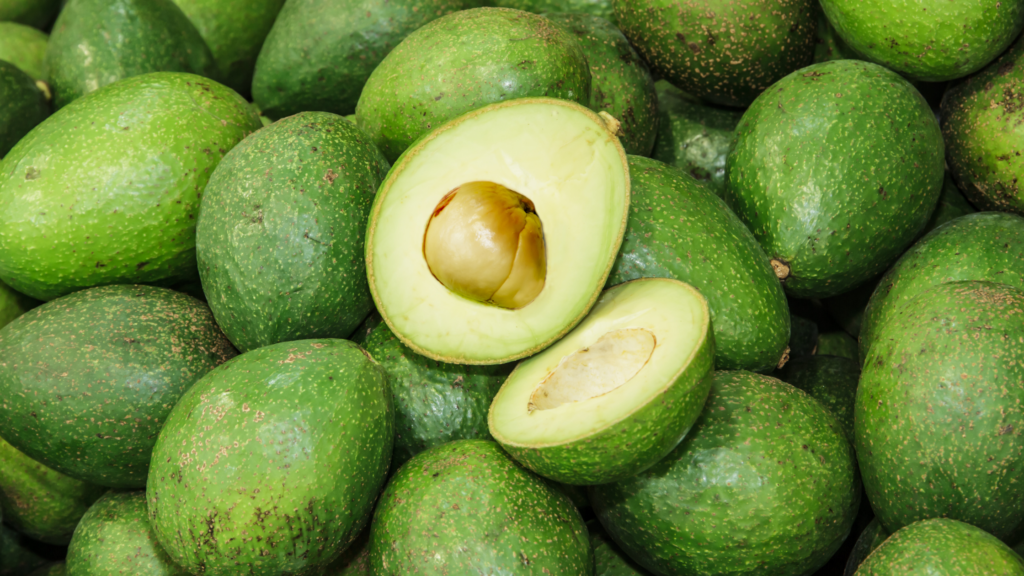
Fats provide long-lasting energy for endurance athletes, especially during long, steady-state activities.
Awesome Sources of Healthy Fats for Endurance
- Avocados – Avocados are rich in monounsaturated fats, which support heart health and provide lasting energy. They’re also high in potassium, helping to maintain electrolyte balance.
How to Use: Spread avocado on whole-grain toast or add to smoothies for a creamy, energizing boost. - Nuts and Seeds – Almonds, walnuts, chia seeds, and flaxseeds offer a balance of healthy fats, protein, and fiber, providing long-term energy.
How to Use: Sprinkle chia or flaxseeds onto yogurt or add a handful of nuts to your snacks for sustained fuel. - Olive Oil – Olive oil is rich in anti-inflammatory properties and monounsaturated fats, which can reduce post-exercise inflammation and support recovery.
How to Use: Drizzle olive oil over salads or roasted vegetables for added nutrients and flavor. - Nut Butters – Nut butters, such as almond and peanut butter, contain protein and healthy fats, making them a portable and calorie-dense option for ultra runners needing fuel on the go.
How to Use: Pair nut butter with banana or spread on whole-grain toast for a long-lasting energy boost.
Antioxidant-Rich Foods for Recovery and Reduced Inflammation
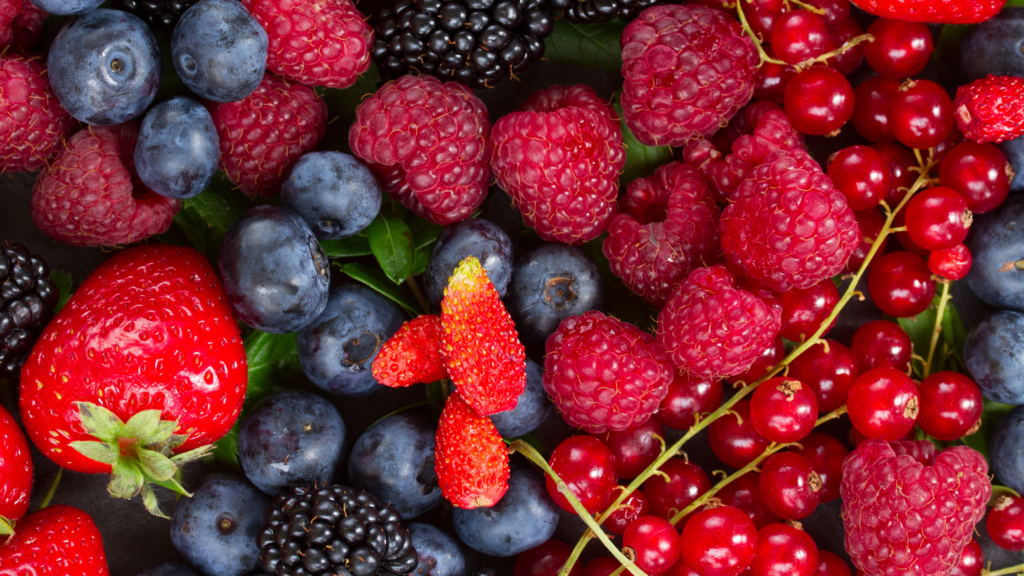
Endurance training generates oxidative stress on the body, so antioxidant-rich foods can be essential for recovery and overall health.
Top Antioxidant Foods for Endurance
- Berries – Blueberries, strawberries, and blackberries are loaded with antioxidants like anthocyanins, which reduce inflammation and support muscle recovery.
How to Use: Add berries to smoothies, oatmeal, or yogurt to enhance your meals with antioxidant power. - Dark Leafy Greens – Spinach, kale, and Swiss chard are packed with vitamins C and E, which help combat free radicals and reduce post-exercise muscle soreness.
How to Use: Toss leafy greens into salads or blend into smoothies for a nutrient boost. - Turmeric – Known for its anti-inflammatory compound curcumin, turmeric is excellent for supporting joint health and reducing soreness.
How to Use: Add a teaspoon of turmeric to smoothies, soups, or golden milk lattes for an anti-inflammatory punch. - Tart Cherries – Tart cherry juice is a popular recovery drink among endurance athletes due to its high levels of antioxidants, which can help reduce muscle soreness.
How to Use: Drink a small glass of tart cherry juice post-workout or add fresh cherries to your meals.
Hydration: Water and Electrolyte-Rich Foods
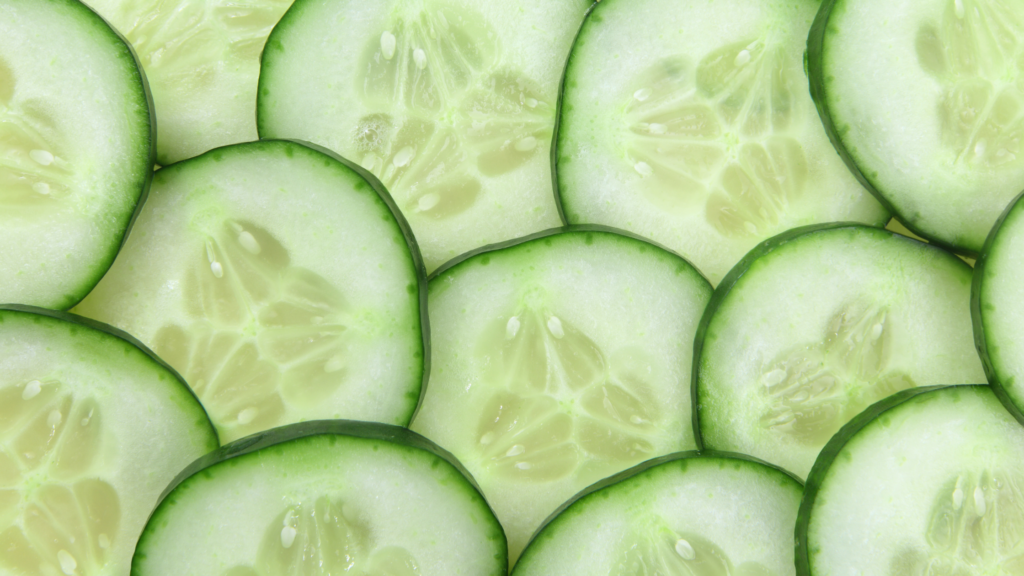
Staying hydrated is crucial for endurance, but it’s about more than water. Electrolyte-rich foods help replenish sodium, potassium, and magnesium lost through sweat.
Staying hydrated is crucial for endurance, but it’s about more than water. Electrolyte-rich foods help replenish sodium, potassium, and magnesium lost through sweat.
Best Hydrating Foods for Endurance
- Cucumbers- Cucumbers are over 90% water, making them hydrating and easy to digest. They’re also a great source of vitamin C.
How to Use: Add cucumber slices to salads or infuse water for added flavor and hydration. - Watermelon – Watermelon is high in water content and contains citrulline, which may help reduce muscle soreness.
How to Use: Enjoy watermelon cubes as a refreshing snack or blend into smoothies. - Coconut Water – Coconut water is rich in natural electrolytes like potassium, making it a great option for hydration without added sugars.
How to Use: Drink coconut water post-workout to rehydrate and replenish lost electrolytes. - Oranges – Oranges are high in water and vitamin C, supporting hydration and immunity—both essential for endurance athletes.
How to Use: Pack an orange as a snack for quick hydration and energy.
Foods Rich in Essential Micronutrients for Stamina
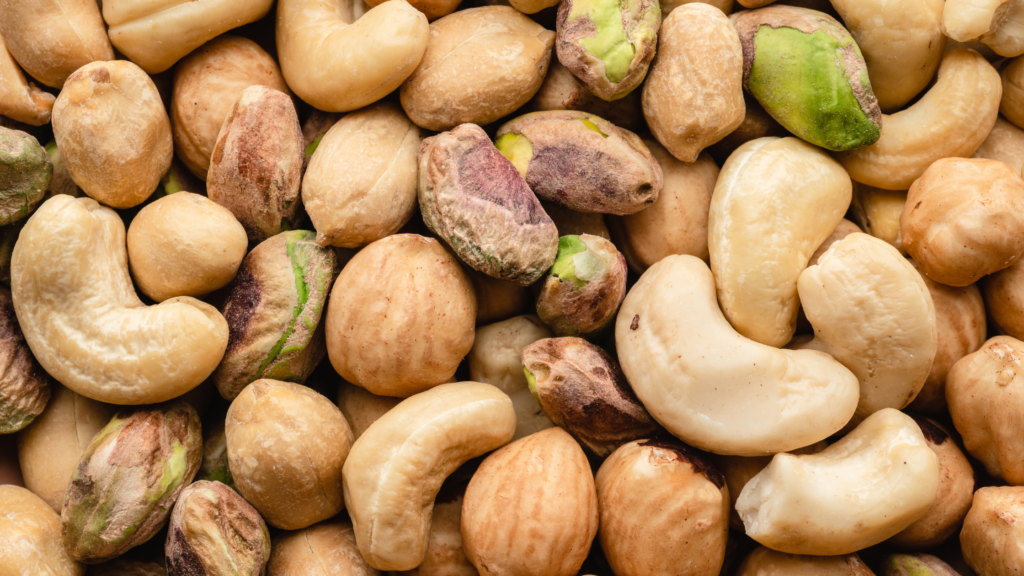
Endurance athletes need a variety of vitamins and minerals to support immune health, energy production, and overall performance.
Key Micronutrient-Dense Foods for Endurance
- Iron-Rich Foods (Spinach, Beans, Red Meat) – Iron is essential for oxygen transport, which directly affects endurance. Iron-rich foods help prevent fatigue, especially in athletes prone to iron deficiency.
- Vitamin B12 (Eggs, Dairy, Meat) – Vitamin B12 is crucial for energy metabolism. Athletes who lack B12 may experience fatigue and low stamina.
- Magnesium (Nuts, Seeds, Dark Chocolate) – Magnesium supports muscle relaxation and can reduce cramping—a common issue in endurance sports.
Creating a Daily Meal Plan with Foods That Increase Endurance
Planning meals around endurance-boosting foods ensures that your body gets the right fuel at the right time. Here’s a sample plan:
- Breakfast: Overnight oats with bananas, berries, and chia seeds.
- Mid-Morning Snack: Greek yogurt with honey and walnuts.
- Lunch: Quinoa salad with roasted sweet potatoes, avocado, spinach, and a drizzle of olive oil.
- Pre-Workout Snack: Banana with almond butter.
- Dinner: Grilled salmon with roasted vegetables and a side of brown rice.
- Post-Dinner: Tart cherry juice or a handful of dark chocolate for antioxidants.
Endurance is built with consistent training, but fueling your body with the right foods that increase endurance. Incorporate these foods into your diet, adjust based on your specific needs, and enjoy the sustained energy they bring to every mile.
As a sports dietitian and ultrarunner, I help endurance athletes plan out and optimize their nutrition inside the Flight Collective membership. Join me inside the membership, and let’s dial in your nutrition to increase your endurance!
Be The First To Comment